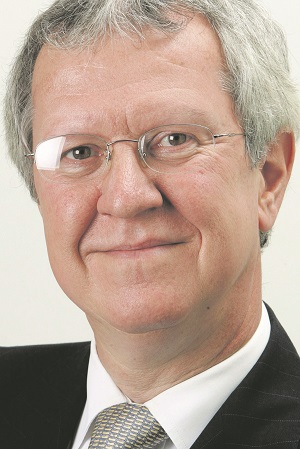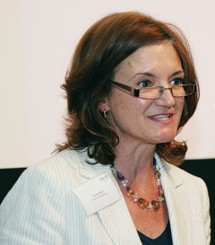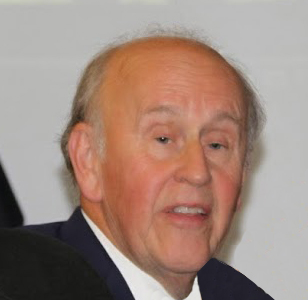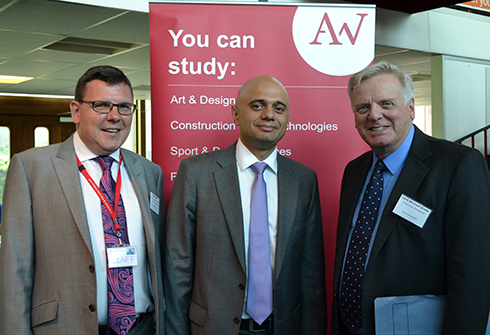The College of Haringey, Enfield and North East London (Conel) is under new leadership.
Andy Forbes took on the role of principal late last month, moving from the same post at Hertford Regional College.
He took over from interim principal Louise Twigg, who had been in post since November.
Starting his career as a school English teacher, Mr Forbes has worked as vice principal at Blackpool and the Fylde College, director of widening participation at The Oldham College, chair of Oldham Race Equality Partnership and specialist adviser to the Parliamentary Select Committee on Social Cohesion.
Mr Forbes said: “Students of all ages and at all levels get a really positive experience at Conel and — most importantly — the great majority pass with flying colours and go on to university, further training or into good jobs. I will ensure that the college continues to play a key role not only in education but in supporting economic growth for our local communities.”
He has been replaced as principal on an interim basis at Hertford by Desdra Kingdon, deputy principal, finance and resources.
He joins a senior team including vice principals Stewart Cross, finance and resources, and Kurt Hintz, curriculum and learner experience, that has been in post since the start of the academic year.
Meanwhile, the chief executive of Skills Show organisers Find a Future Ross Maloney is set to step down at the end of next month in a return to his previous employers, the Scouts, as director of operations.
He told FE Week: “I feel privileged to have had the opportunity to lead and build Find a Future, in partnership with the board, staff and stakeholders, to deliver life changing experiences for so many young people.”
It comes just over a fortnight after the Edge Foundation was unveiled as new lead sponsors of the Skills Show for 2015, with City & Guilds’ three-year agreement having come to its natural end.
The board was working to find a new chief executive through “a robust executive recruitment process,” said Find a Future chair Carole Stott.
Meanwhile, the Workers’ Educational Association (WEA), the UK’s largest voluntary sector provider of adult education, has made two new appointments to its senior leadership team.
James Ward is the new director of marketing, membership and income growth and Ian Hanham joins as chief operating officer.
Prior to his appointment, Mr Ward was the director of business development at The English Speaking Union and director of development and communications at the University of Westminster.
Mr Hanham was previously director of corporate resources at EveryChild. He has also been deputy finance director at WaterAid and head of financial planning and reporting for the British Red Cross.
Ruth Spellman, WEA chief executive, said: “They will be playing vital roles in raising awareness of the importance of adult learning with policy-makers, generating new sources of support for the WEA and developing our educational offer.”





